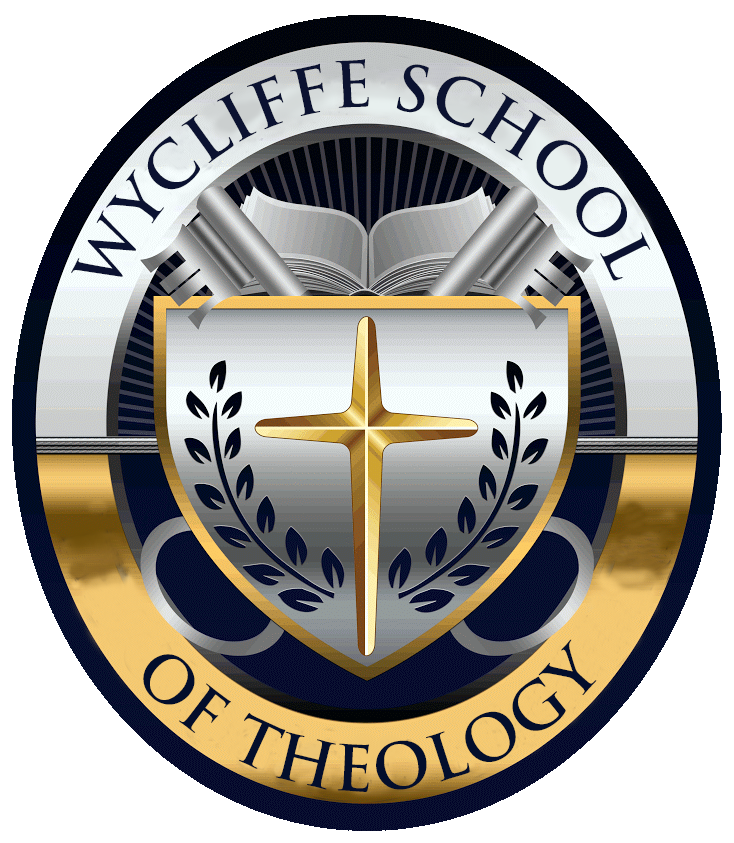Eschatology Views
Welcome to the world’s ONLY Eschatology Degree Program School!
The Four Views of Eschatology
Christians are no different. From the very starting. Christians have been obsessed with the end. The theological study of what occurs in the end times is known as eschatology. The Greek word eschatos just means “last.” Eschatology, then, is the study of final things. Eschatology views can become a heated topic among Christians, but it is still very important to rationally discuss the differences to hopefully one day find a consensus among the masses.
Christians all admit that things are going to end, but the huge question is how. Every Christian creed and confession in history has stated that Jesus is going to return to the earth, and with him will come the end of all earthly things. But the right nature and timing of that return is debated. The debates centers hugely around one term: the millennium.
There are 3 big viewpoints when it come to this millennium – postmillennialism, premillennialism, and amillennialism and fourth one – preterism that is rising in status. The following is a very short synopsis of the eschatology views which are most prominent.
Postmillennialism
Postmillennialism theology teaches that the Church will be glorious as an outcome of the Church Christianizing the globe. After this, Christ will then return, upon which supporters will enter the eternal state. Postmillennialists, so, apply a more allegorical approach to their explanation of the book of Revelation.
Premillennialism
The hallmark of premillennial eschatology is the literal explanation of prophecy. Premillennial theologians describe that there will be a series of important events that happen before the millennial rule of Christ on planet. These events contain a 7 year time of tribulation, rapture of the Church, and the return of Christ to establish a 1000 year rule on earth.
Premillennialism generally adopt one of the 3 distinct rapture positions of post-tribulation, pre-tribulation, or mid-tribulation.
Amillennialism
The third big viewpoint which had held the largest audience for the past 1900 years is that of Amillennialism. Amillennialists admit that Jesus will return after the millennium, but they do not believe that the millennium is a yet-to-come future event. Instead, the defining features of amillennialism is that the millennium is a current reality.
The millennium is now. It is the church age – the full period between the ascension and return of Jesus. While premillennialism takes a negative view of the development of history and postmillennialism a positive view, it is noteworthy to mention that amillennialism takes both. Evil will continue to spread right alongside the expansion of the gospel and its right influences.
Jesus bound Satan (in a limited way) with his death on the resurrection and cross. Thus Satan’s influence has been extremely limited, making way for the spread of the gospel to all countries. Decreased Christians are presently in heaven with Christ, reigning with him.
Preterism
The term “preterism” appears from a Latin word that means past. Preterists freely admit that all of the occurrences and prophecies in the Bible that people believe are future events have already occurred. eady occurred.
The year 70 AD is central to preterism. It is then, they admit, that Jesus returned. Since the judgment, resurrection and new heavens and earth happen when Christ returns, they all must have occurred in the 70 AD as well. Preterists then decrease the millennium to a 45 year period between the ascension of Jesus around 30 AD and his “supposed” return in 70 AD. This view is hard to swallow considering what we witness today. Had these things already occurred, the world would not exist as it does currently.
To maintain this place, preterists have to completely redefine the resurrection of the dead and nature of the return of Christ.
